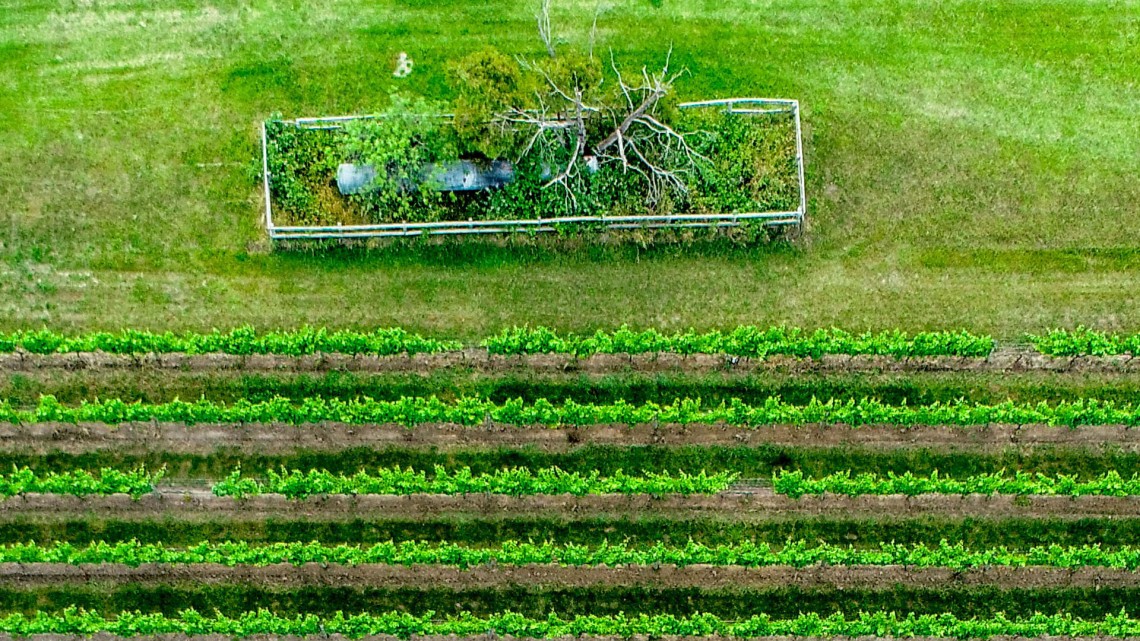
News directly from Cornell's colleges and centers
Plantationocene conference to examine plantations’ legacies
By Sheri Englund
Plantation agriculture is a form of cash-crop production with a planetary price. On April 15–16, scholars, activists and practitioners from around the world will meet to explore plantations’ deep-rooted legacies – including racial inequality, dispossession and climate change – in A Conversation on the Plantationocene.
Hosted by the Mario Einaudi Center for International Studies and Migrations: A Global Grand Challenge, the two-day virtual conference begins at 11:00 a.m. ET on April 15. Explore the schedule and panelists and register once to attend all conference panels.
In a February 2021 article, Wendy Wolford wrote, “It is not simply a theoretical exercise to ask whether Plantationocene might be the best way to describe the modern era. What is at stake is an understanding of contemporary crises, many of which … trace their roots back to the plantation as a social system, an imperative and a mentality.”
The article and Wolford’s opening talk on April 15 provide a frame for the conference and encouragement to think about plantation logic across regions, historical periods and theoretical approaches. Wolford is vice provost for international affairs and Robert A. and Ruth E. Polson Professor of Global Development in the Department of Global Development in the College of Agriculture and Life Sciences.
Joining the conversation will be more than 40 panelists from Cornell and locations around the world, including Spain, the Netherlands, Thailand, Mozambique, Egypt, Argentina, and Brazil.
The conference is available in Portuguese through simultaneous interpretation on the same Zoom channel. All sessions will be recorded.
Sheri Englund is associate director of communication for Global Cornell.
Media Contact
Get Cornell news delivered right to your inbox.
Subscribe


